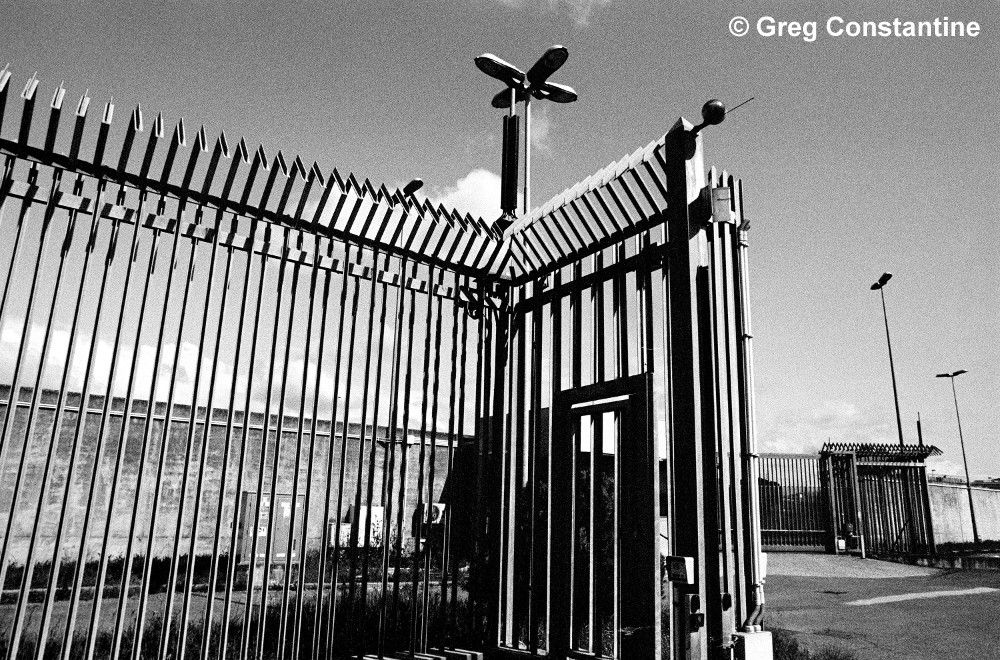Over the past few days news has been circulating that the Ministry for Home Affairs and National Security is reviewing Temporary Humanitarian Protection Status N (THPN). This is a national status the Office of the Refugee Commissioner (RefCom) grants to failed asylum-seekers who Malta has not been able to return to their countries of origin and who have shown to be integrating.
In practice, this latter points means that, to be eligible for THPN status, applicants are required to fulfil integration-related criteria, including: employment or self-employment, fulfilment of national fiscal obligations, living independently.
Another item hitting the news at this same time relates to the arrest and detention of a group of men from Mali, with a view to deportation. The two news items are not necessarily related, yet we do acknowledge that in the minds of most – especially of migrants – they are one and the same news item.
The aim of this blog post is to share information we can confirm:
What we know so far
MHAS is currently reviewing THPN. We don’t know the details of the review, and can only hope for a better system.
MHAS has decided that, pending this THPN review all THPN holders whose certificates expire during the review will not have their THPN renewed. This means that, overnight, they will have no documentation and will start suffering the consequences of being undocumented.
This constitutes a regression of rights, a potential violation of Malta’s obligations under the International Covenant of Economic Social and Cultural Rights. It also raises questions as to the measure’s compatibility with other human rights obligations binding Malta to respect and protect human dignity.
We can also confirm that NGOs have been wholly excluded from this review, despite our repeated offers of cooperation and dialogue.
We also know that some migrants from Mali have been arrested and detained with a view to being deported. Little more information can be provided at this stage as we have yet to visit them in Safi Detention Centre. We cannot say whether any of these persons were former THPN holders.
As soon as we heard the news regarding the non-renewals, together with Integra Foundation and JRS Malta, we immediately wrote to MHAS
- welcoming the much-needed review of THPN status, since we had been urging a reform;
- reiterated our willingness to be consulted;
- urged a cancellation of the non-renewal policy due to its massive impact on people’s lives.
We are eagerly awaiting the Ministry’s replies.
We have also met with representatives of migrant communities to share information and discuss strategies. They confirmed that many people are extremely worried, and already running into serious problems with their day-to-day affairs.
We will keep providing updates on this issue.
If you have any queries, please direct them to our Director.



